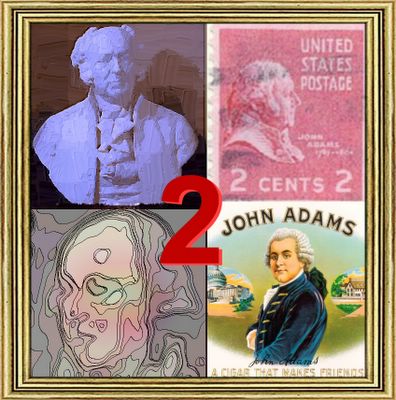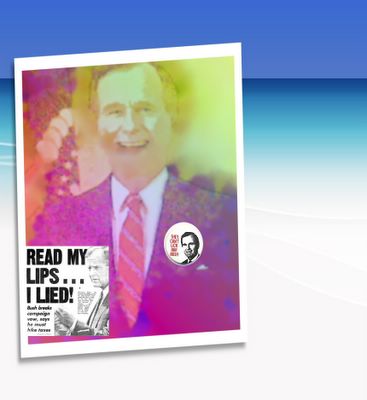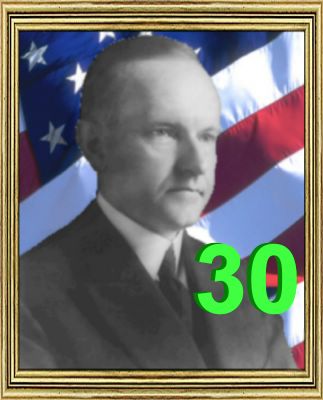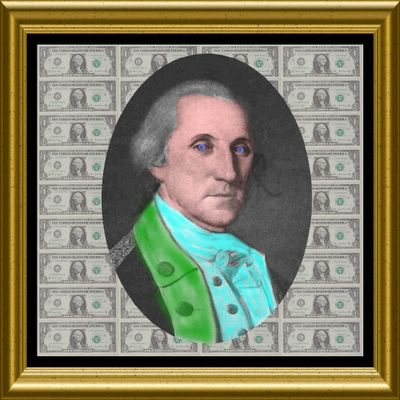
click to enlarge
Martin Van Buren was the first President born as a United States citizen. He was the last vice president to be elected to succeed the president under whom he served. . .until then Vice-President George H.W. Bush was elected.
He was described as a "dandy," much like President Chester Alan Arthur, and loved frenchified clothes, expensive wine and rich food. His muttonchops were even more impressive than those of that other dandy President, Chester Alan Arthur.
He presided over the economic Panic of 1837, which was the worst recession the U.S. had ever experienced.
Before he was President, Van Buren moved from the New York State Senate, to the New York attorney general's office, and on to the U.S. Senate. Unhappy with the policies of President John Quincy Adams, Van Buren aligned himself instead with Andrew Jackson, the war hero who wanted a return to the Jeffersonian policies of a small government.
In Washington, he continued his party-building efforts on a national scale. Jackson was elected and named Van Buren secretary of state, in recognition of his political skills (and his help during the 1828 election).
Van Buren oversaw the nation’s foreign affairs and continued to build the organization that would become the Democratic Party. He became one of Andrew Jackson’s most trusted advisers and friends. Van Buren also threaded his way through the palace intrigues and in-fighting that marked Jackson’s cabinet. Toward the end of his first term, Jackson fired most of his cabinet, cut his relations with Vice President Calhoun, and dispatched Van Buren to the political calm of London as U.S. minister to England. He replaced Calhoun in the next election with Van Buren.
His enemies called him "Martin Van Ruin." He lost the 1840 presidential election.
Van Buren played key roles in the creation of both the Democratic Party and the so-called "second party system" in which Democrats competed with their opponents, the Whigs. He ignored calls from some Americans to respond to Canadian and British provocations with force, working instead successfully through diplomatic channels to calm tensions.
Martin Van Buren said that the two happiest days of his life were his entrance into the office of president and his surrender of the office.
---o0o---






